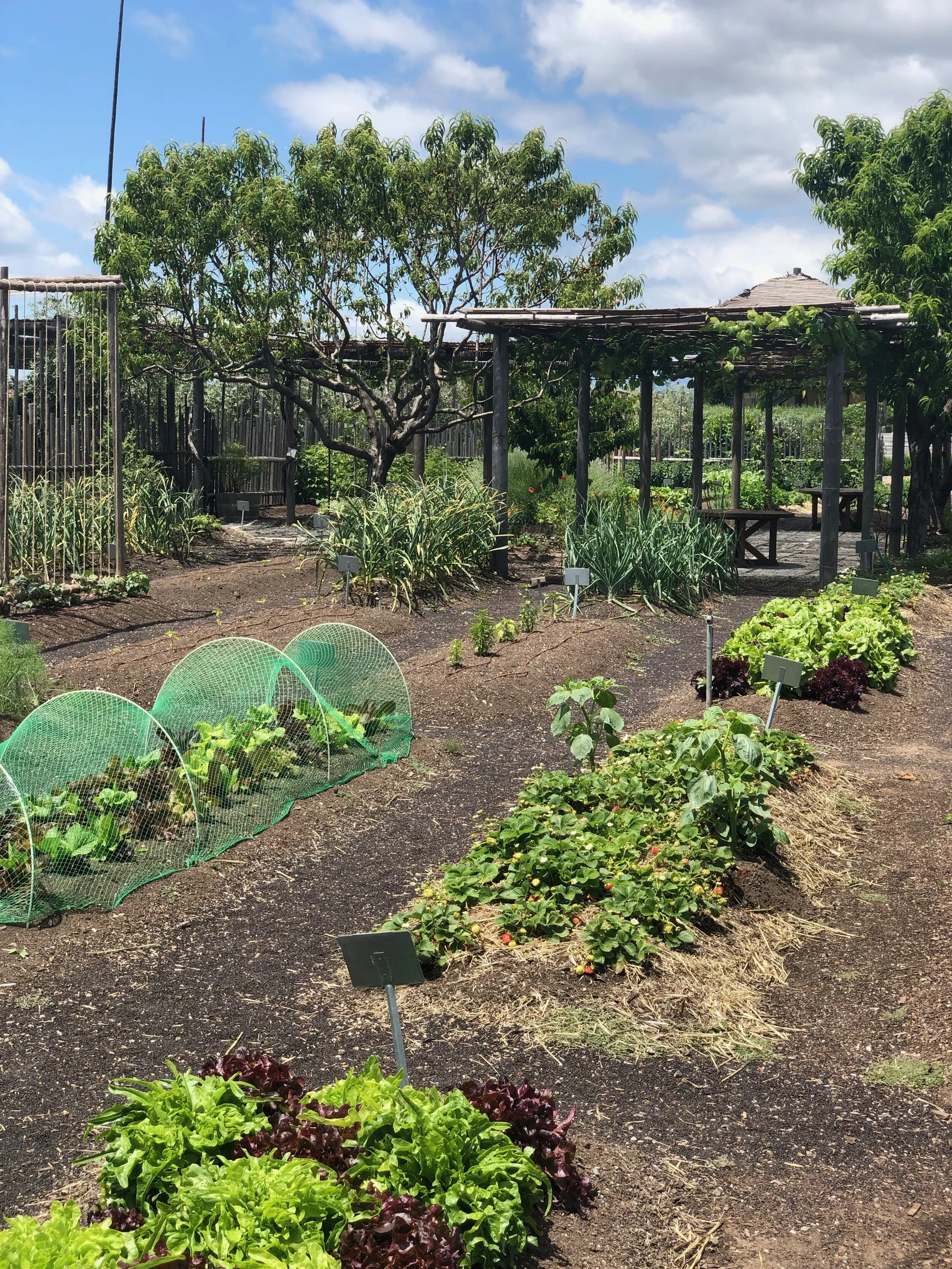Keeping EQUITY at the heart of the climate conversation
“My vision for the future is that we have a stable planet, one that allows people to breathe fresh air, have access to clean and safe drinking water, and live in safe communities that are thriving economically and where people are protected from the impacts of climate change”
Last year, we spoke to Shamar Bibbins, the Senior Program Officer for Environment at the Kresge Foundation, at a time when the term “intersectional environmentalism” was just starting to take significant root in the global climate conversation. The tumultuous events at the start of this year, events that were largely perpetrated by racist white nationalists, inspired me to resurface this conversation.
What I keep reflecting on is the fear that drove these insurrectionists to take the actions they did, and I can’t help but feel that this fear is driven by a fundamental disbelief in equality. In their mind, giving someone a leg up has to mean someone else will get pushed out. It’s simply not true. Over the next ten years, we will ALL either succeed together or we will all suffer together. If there is any good to come from how crises like COVID have so obviously exacerbated existing inequalities in our communities - it’s that we can then make the connection between the two, and realize that solving one means solving the other.
With Shamar, we talked about how, like COVID, the climate crisis is having a disproportionate impact on low-income communities. The last five years have been the hottest on record - imagine the lived experience throughout these years for someone who a) does not have AC b) lives in an urban environment which tend to attract and trap even more heat and c) cannot rely on safe and healthy drinking water to stay cool and hydrated.
“If you ask a mother about climate change she may not engage,” says Bibbins. “But if you say ‘tell me about your daughter’s asthma,’ she’ll start talking right away about how her daughter is missing school, which means she the mother has to take off from work, and suddenly she can make the connection between her lived experience and the chemical or coal plant down the road thats impacting her as much as the planet.”
Walking the climate conversation back to these shared, lived experiences is so important, because that is the place where we can stay connected and relate to one another. Everyone can relate to the desire for fresh air, clean and safe drinking water, healthy food and safe neighborhoods. From that place of connection, we can work toward healing our public infrastructure. If we can heal our public infrastructure in a way that ensures the benefit is distributed equally, that’s when we start to also repair the fundamental issues that have been tearing at the social fabric of our country for so long.
One place to start? Kresge’s Climate Change, Health & Equity Initiative (CCHE). It’s so appropriate that this initiative is referred to as “Chi” - like the word Qi for lifeforce - because it unites the forces that keep all humans alive: the natural world and the modern healthcare system, two entities that are inextricably linked. The aim of CHEE is to build a strong constituency for equity climate action within hospitals, healthcare practitioners and community advocates. Whether they know it or not, doctors and nurses are on the frontlines of addressing climate change impacts. CHEE wants to make sure they know it, the system knows it and the community knows it so that they are empowered to advocate for change. It gives this constituency the language to point out what is happening because of climate change in REAL TIME, not after the fact.
It’s just one example of the important work that Kresge does in cities across America to advance opportunities for low-income communities by getting to the root cause of the problem, and not just one symptom or another.




























